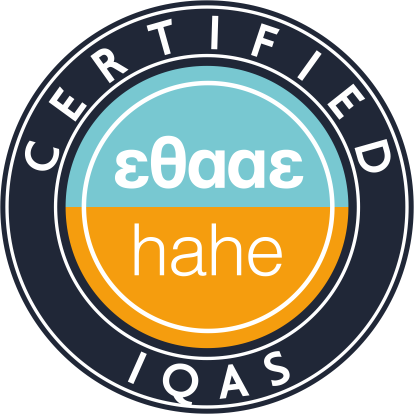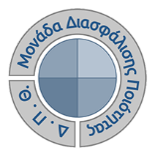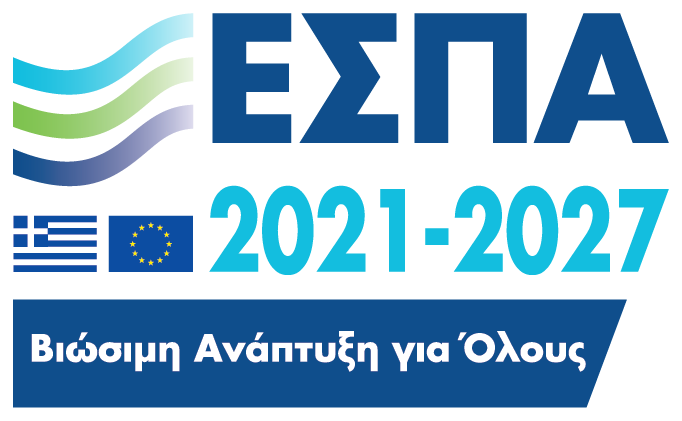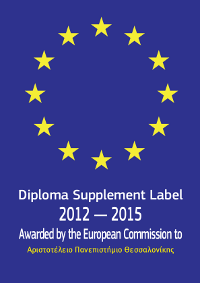European Credit Transfer and Accumulation System (ECTS)
Undergraduate and postgraduate study programmes at higher education institutions are structured according to the European Credit Transfer and Accumulation System (ECTS). This enables the transfer and accumulation of academic credits earned through successful academic performance across equivalent programmes of the same or other higher education institutions, both nationally and across Europe.
The ECTS is based on the student workload required to achieve the learning objectives of a study programme. These objectives relate to the learning outcomes, knowledge, skills, and competences expected upon successful completion of each course or module. Student workload includes the time typically required for attending lectures, tutorials or laboratory sessions, participating in seminars, conducting independent study, preparing assignments, undertaking internships, sitting examinations, and completing final projects or dissertations.
A full academic year of full-time study corresponds to 60 ECTS credits, with 30 credits per semester or 20 credits per trimester.
ECTS credits are allocated to all components of a study programme—such as lectures, seminars, placements, and thesis work—based on the workload required to achieve the intended learning outcomes. Credits are awarded only upon successful completion of the relevant learning activity and assessment confirming that the learning outcomes have been achieved.
The minimum and maximum number of ECTS credits that can be awarded for an undergraduate or postgraduate programme depends on its overall duration and is distributed across the academic years based on the standard minimum number of semesters required to complete the degree.
One (1) ECTS credit corresponds to 25 to 30 hours of student workload. Therefore, the total workload for a full-time student over one academic year is estimated to be between 1,500 and 1,800 hours, equivalent to 60 ECTS credits. Per semester, the workload ranges from 750 to 900 hours (30 credits), and per trimester from 500 to 600 hours (20 credits).
In exceptional cases of intensive postgraduate programmes, where a full academic year comprises approximately 46 to 52 full weeks of teaching, preparation, and examinations with no student breaks, the workload may range between 1,875 and 2,250 hours, corresponding to 75 ECTS credits per academic year. Such cases must be explicitly stated and fully justified in both the programme curriculum and the official study guide.
All departments at the Democritus University of Thrace implement the European Credit Transfer and Accumulation System (ECTS).
By decision of the University’s Rector’s Council (Ref. No. B 4724/25-07-2012, Meeting No. 857/24-07-2012), Professor Maria Michalopoulou, Professor at the School of Physical Education and Sport Science (TEFAA) and Member of the DUTH Governing Council, has been appointed Responsible Officer for ECTS implementation and monitoring at Democritus University of Thrace.






